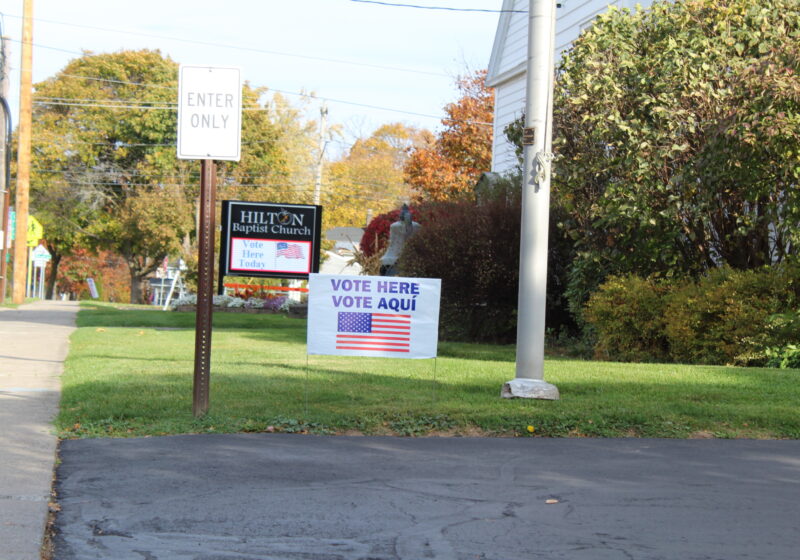The Board on Academic Honesty observed an all-time high rate of academic dishonesty cases through the 2008-2009 academic school year. The statistics prompted the Chair of the Board on Academic Honesty John Givens, to send a mass e-mail to the faculty and undergraduate community.
In comparison to the past two academic years, the amount of academic dishonesty cases last academic year showed a 25 percent increase. According to the Board, the year recorded the highest amount of suspensions in the past 10 years. It was also the first time that a student was expelled for cheating on multiple occasions.
Due to the peculiar circumstances, Givens sent out the mass e-mail to both students and faculty as a basic reminder of the threat of academic dishonesty to the campus community.
Tuesday’s e-mail was the second mass e-mail on academic honesty since Givens came into office six years ago.
‘The e-mail messages to faculty and students were meant to remind everyone of the high stakes we all have in maintaining our integrity,” Givens said. ‘As I wrote in my message to students, academic dishonesty not only undermines the very principles of our academic community, but it also leads to serious consequences. Good habits of integrity learned now will last a lifetime.”
When faculty members detect a case of academic dishonesty, they are required to either fill out a Short Form Incident Report, in which they are allowed to comply with the Board and discuss the appropriate measures for punishment, or a BAH Long Form Incident Report, in which the case is forwarded to the Board for student guilty, the report is sent to Dean of the College Richard Feldman, who transmits the results to the student and the person who reported the case.
Even with the high volume of reports from the past year, Givens expressed concern that some cases go unreported. He suggested that some professors might consider the whole process stressful for the students, as well as themselves.
In other instances, Givens said professors are sympathetic toward the student and prefer to handle the situation on their own in order to spare the student the harsher consequences. In such instances, professors allow the student to redo the work in question. However, since it’s the Board’s policy to suspend students after two cases and expel them after three cases, an unreported case gives the student room to cheat in other classes without suffering the full disciplinary effects.
The BAH consists of 11 faculty members appointed by the Dean of the College and a pool of undergraduate students selected by the All Campus Judicial Council. The Board develops policies, spreads awareness and urges students not to cheat.
Their Web page provides a more finite definition of academic dishonesty, including plagiarism, fabrication, sharing instructor registration permission codes and falsifying records, among many other things.
Givens stressed that the Board is more concerned with helping the student and preparing them for new world as opposed to aimless punishment.
‘It is our hope that students who have appeared before the Board understand the damage dishonesty does to the campus community and take responsibility for their actions,” Givens said. ‘We remind them that the consequences for dishonesty in the so-called “real world’ are much more serious. We want them to learn and internalize the principles of dishonesty and integrity in all aspects of their lives.
Nathaniel is a member of
the class of 2011.



